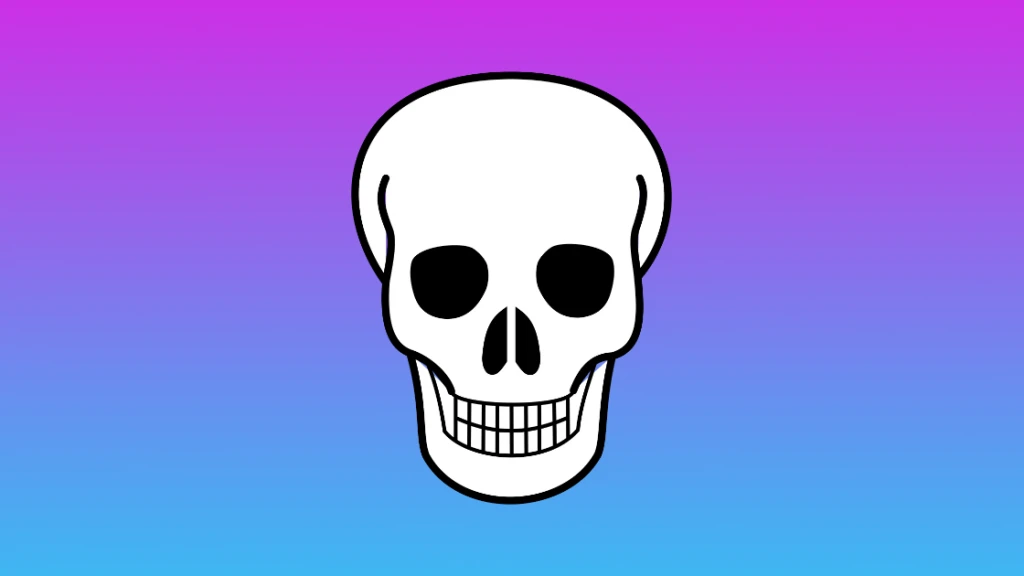Headless CMS and UIs
The adoption of headless CMS has surged but without a UI and a modern website it's worthless.

The adoption of headless CMS has surged but without a UI and a modern website it's worthless.

Content needs to be dynamic in today's world and because of this headless CMS usage has surged. It promises more flexibility and scalability compared to solutions where the CMS is tightly coupled with one system, e.g. the website. Yet, its crucial to recognize that the final piece of the puzzle lies not only in what you say (the headless CMS) but more importantly, in how you say it – the User Interface (UI) that completes the experience. Lets explore why the perfect marriage of headless CMS and a seamless UI is the key to unlocking the full potential of your content.
At its core, a headless CMS decouples the content creation and management process from the presentation layer. This architecture provides developers with the freedom to utilize any front-end technology, opening doors to a myriad of possibilities for delivering content across various channels and devices. This flexibility is the 20% that lays the foundation for a robust content infrastructure. Content separate so it can be managed and used in several places. A premium alternative for a headless CMS is e.g. Hygraph.
However, the remaining 80% of success hinges on the user interface – the gateway through which content creators interact with the system. And in most cases the website is the main user interface. A user-friendly UI streamlines content creation, editing, and publishing, empowering your team to work efficiently and deliver exceptional user experiences. A well-crafted UI ensures that the power of the headless CMS is harnessed to its fullest potential.
Imagine a scenario where your marketing team can effortlessly create and update content without relying on developers for every minor change. A well-designed UI bridges the gap between technical and non-technical users, fostering collaboration and accelerating the content production process. The key here is a working integration between the CMS and the website platform where a change in the CMS can trigger an update for the website – automatically.
Creating the content alone isn't enough. Content is created so that people could see it. Accessibility features here play a crucial role, ensuring that individuals of all abilities can interact with the system effortlessly. According to the WHO over 80% of people have some disability, from worsened eyesight and color blindness – showing that accessibility cannot be an afterthought in your content strategy.
In an era dominated by mobile devices, a responsive UI is non-negotiable. A seamless transition from desktop to mobile ensures that your content reaches users wherever they are, enhancing the overall user experience and positively impacting your SEO rankings. And lets not forget images as content: images need to be served in formats natural for the viewport (i.e. device screen resolution) accessing the content – so it doesn't slow down the viewing of your content.
An advanced UI should seamlessly integrate with analytics tools, providing valuable insights into user behavior and content performance. This data-driven approach empowers you to refine your content strategy, ensuring that your website remains relevant and engaging for your target audience.
In the ever-evolving digital landscape, the synergy between headless CMS and an intuitive UI is the secret sauce to success. Recognizing that the "how" is as vital as the "what" allows you to take advantage of the full potential of your content. As you embark on this journey, remember that the 20% foundation of headless CMS is elevated to an 80% solution through the lens of a well-designed website. Embrace the power of both, and watch your digital presence soar to new heights!
At Flipsite we believe that a website builder that integrates with your headless CMS is the key. We would be super pleased if you gave it a try today!
This call to action text is generated by AI – because when you run out of ideas on what to do, Flipsite's AI engine will help you drive conversion!
Create account©2025 Flipsite. All rights reserved.